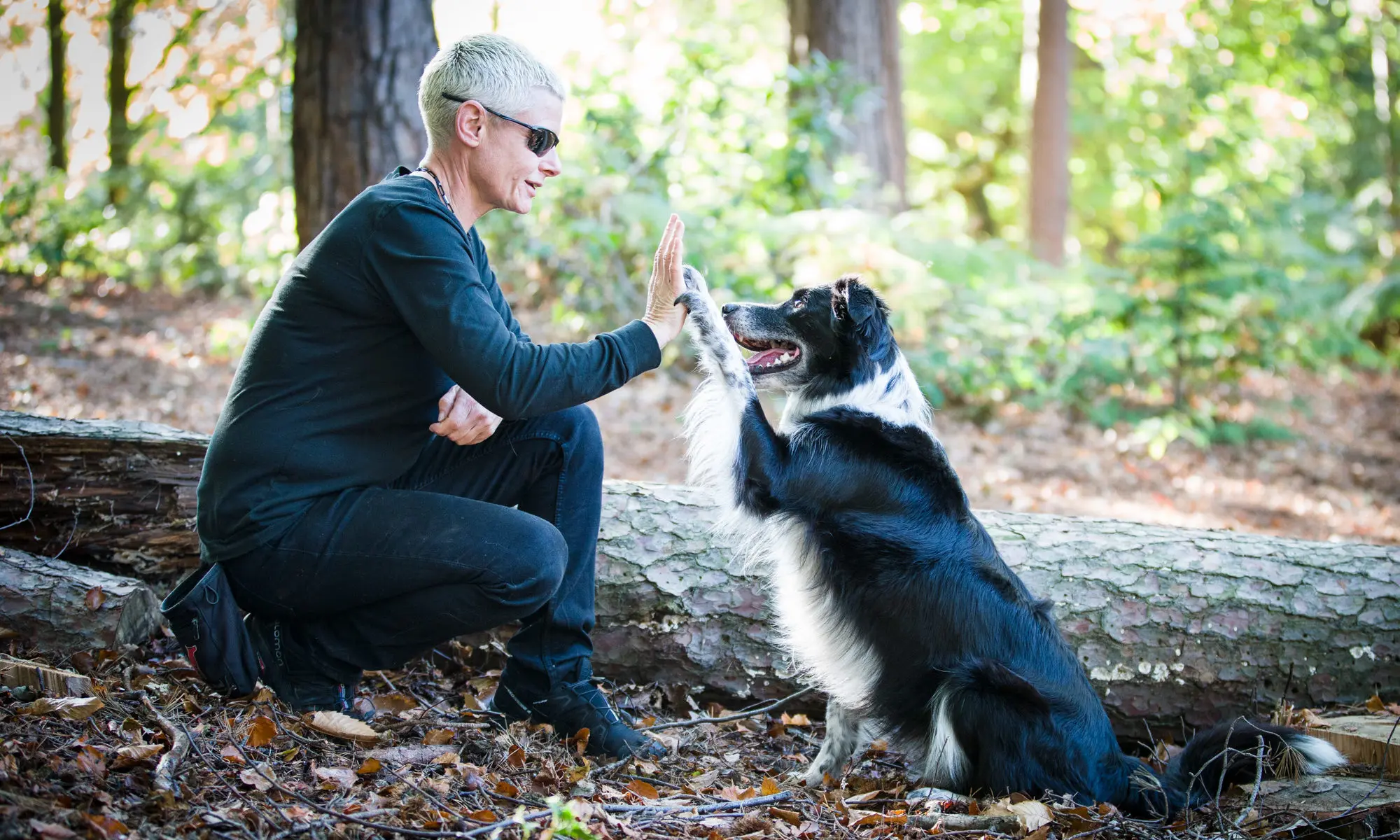Discover effective strategies and techniques to curb excessive barking behavior in your dog and restore peace in your home.
How to Stop Your Dog from Barking Excessively
Barking is a natural behavior for dogs, but it can become excessive and disruptive. If your dog is barking too much.
Excessive barking can be a frustrating and disruptive behavior in dogs. Not only can it disturb your peace and quiet, but it can also annoy your neighbors and potentially lead to conflicts. If your dog is barking excessively, it’s essential to address the issue promptly and effectively. In this article, we will discuss some effective strategies and techniques to help you stop your dog from barking excessively.
Effective Strategies and Techniques
Here are some effective strategies and techniques for stopping your dog from barking excessively:
Identify the reason for the barking
The first step is to figure out why your dog is barking so much. Is it barking to get attention? Is it barking at other dogs or people? Is it barking out of fear or anxiety? Once you know the reason for the barking, you can start to develop a plan to address it.
Provide Sufficient Exercise and Mental Stimulation
One of the main reasons dogs bark excessively is due to pent-up energy or boredom. Make sure your dog receives enough physical exercise and mental stimulation on a daily basis. Engage them in activities such as long walks, interactive play sessions, puzzle toys, or obedience training. A tired and mentally stimulated dog is less likely to engage in excessive barking.
Use positive reinforcement
Positive reinforcement training is an effective technique to modify your dog’s behavior. Whenever your dog remains calm and quiet instead of barking excessively, reward them with praise, treats, or their favorite toy. Use a command such as “quiet” or “enough” and reinforce it consistently. Over time, your dog will associate being quiet with positive rewards and learn to control their barking.
Desensitize your dog to triggers
If your dog is barking at specific triggers, such as other dogs or people, you can try to desensitize them to those triggers. This involves gradually exposing your dog to the trigger in a controlled environment and rewarding them for staying calm.
Teach your dog an alternative behavior
If your dog is barking to get attention, teach them an alternative behavior that will get them the attention they crave. This could be something like sitting, shaking, or giving a paw.
Provide a Safe and Comfortable Environment
Create a safe and comfortable environment for your dog to reduce their anxiety and stress levels. Ensure they have a cozy bed, access to fresh water, and a designated space where they can retreat and relax. Minimize exposure to stressful situations or stimuli that may trigger excessive barking. If necessary, consult with a professional dog trainer or behaviorist for additional guidance.
Ignore the barking
If your dog is barking for attention, the best thing you can do is to ignore them. This may seem difficult at first, but it is important to be consistent. If you give in and give your dog attention when they bark, they will learn that barking is an effective way to get what they want.
Use a bark collar
Bark collars are aversive devices that deliver a mild shock or sound to your dog when they bark. While bark collars can be effective in stopping excessive barking, they should only be used as a last resort.
Seek Professional Help if Necessary
If your dog’s excessive barking persists despite your efforts, it may be beneficial to seek professional help from a certified dog trainer or behaviorist. They can assess your dog’s specific situation and provide tailored strategies to address the issue effectively.
If you are having trouble stopping your dog from barking excessively, it is important to seek professional help from a certified dog trainer or behaviorist. They can help you identify the underlying cause of the barking and develop a personalized training plan to address the problem.
Additional tips
Here are some additional tips for stopping your dog from barking excessively:
- Provide your dog with plenty of exercise and mental stimulation. A tired dog is a good dog! Make sure your dog gets plenty of exercise and mental stimulation to help reduce boredom and anxiety, which can lead to excessive barking.
- Keep your dog on a leash or in a fenced yard when you are not home. This will help prevent them from barking at passersby or other animals.
- Make sure your dog has a safe and comfortable place to go when they need to relax. This could be a crate, a dog bed, or even a quiet corner of the house.
- Be patient and consistent with your training. It may take some time and effort, but you can stop your dog from barking excessively with patience and consistency.
Conclusion
In conclusion, excessive barking in dogs can be a challenging behavior to address. However, with patience, consistency, and the right techniques, you can help your dog overcome this behavior and create a peaceful environment for both you and your furry friend. Remember to identify the cause, provide sufficient exercise and mental stimulation, use positive reinforcement training, employ desensitization and counterconditioning techniques, create a safe environment, avoid punishment or yelling, and seek professional help if needed. By implementing these strategies, you can effectively stop your dog from barking excessively and foster a harmonious relationship with your beloved pet.











